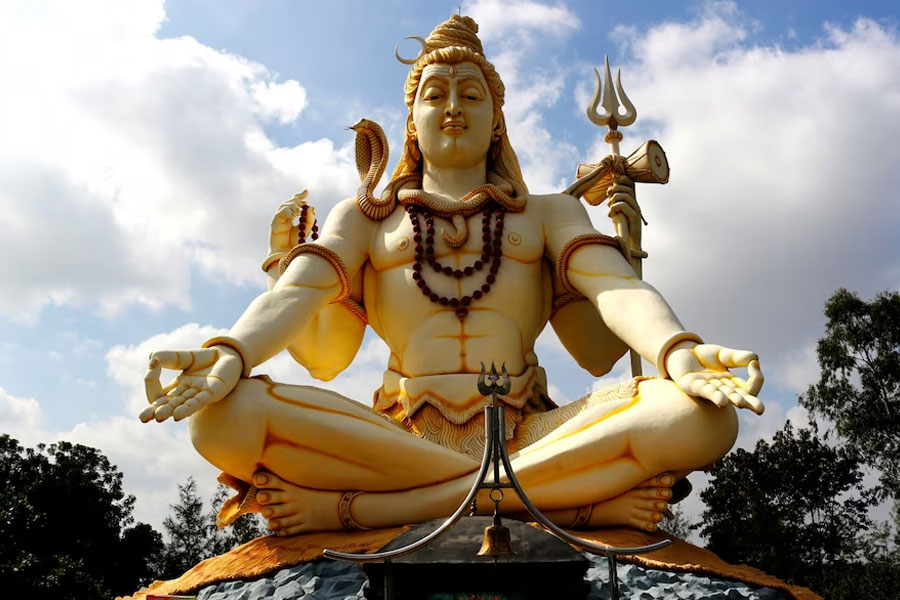Shravan, also known as Sawan, holds immense importance in the Hindu religion, captivating the hearts of millions of devotees. This sacred month is dedicated to Lord Shiva, the embodiment of cosmic consciousness and the supreme deity in Hinduism. The significance of Shravan encompasses various dimensions, deeply rooted in religious beliefs and cultural practices. Let us explore the expansive importance of Shravan in the Hindu religion:
Devotion to Lord Shiva: Shravan stands as a testament to unwavering devotion towards Lord Shiva. Devotees ardently engage in acts of worship, fasting, and prayer throughout this month, seeking the blessings and grace of Lord Shiva. It is believed that the prayers and rituals performed during Shravan hold immense spiritual significance and bring devotees closer to their beloved deity.
Auspiciousness: The divine aura of Shravan envelops the entire Hindu calendar, infusing this month with extraordinary auspiciousness. It is widely believed that any religious or spiritual practice undertaken during Shravan is magnified manifold in its potency, leading to increased blessings and positive outcomes. Devotees seize this opportune time to engage in virtuous deeds, meditation, and self-reflection.
Fasting and Penance: The observance of fasting during Shravan represents a profound act of penance and dedication to Lord Shiva. Devotees voluntarily abstain from food or specific items, embracing self-discipline and purification. These fasts are undertaken with utmost devotion, seeking spiritual elevation and the dispelling of negative energies.
Rituals and Offerings: Shravan resounds with the echoes of rituals and offerings performed in honor of Lord Shiva. Devotees throng to Shiva temples, adorning them with vibrant flowers, delicately placing offerings of fruits, milk, and holy water (Gangajal) before the resplendent Shiva lingam. The Rudrabhishek, a sacred ritual wherein the Shiva lingam is ceremoniously bathed with various sacred substances, adds an ethereal ambiance to this month.
Significance of Mondays: Mondays, known as “Somvar,” hold a special place in the hearts of devotees during Shravan. These days are sanctified, devoted exclusively to Lord Shiva. Devotees observe strict fasting, engage in deep meditation, recite sacred mantras, and visit Shiva temples to express their reverence and seek divine blessings. Mondays in Shravan become a conduit for intensified spiritual connection and devotion.
Cultural Celebrations: Shravan not only serves as a religious observance but also marks a time for vibrant cultural celebrations. In various regions of India, devotees embark on grand processions known as “Kanwar Yatra,” adorned in saffron attire, carrying ornately decorated pots filled with holy water from sacred rivers. These awe-inspiring processions are accompanied by lively folk dances, melodious music, and an outpouring of devotion, exemplifying the rich cultural tapestry intertwined with the essence of Shravan.
The vastness and splendor of Shravan extend far and wide, uniting devotees in a shared devotion to Lord Shiva. It must be acknowledged that the significance and practices associated with Shravan may exhibit variations across diverse regions and communities within the Hindu religion. The dates, customs, and rituals may bear uniqueness, intertwining with regional traditions and individual beliefs. Embracing Shravan as a time of profound spiritual connection, devotees immerse themselves in the divine grace of Lord Shiva, illuminating their path to enlightenment and eternal bliss.




